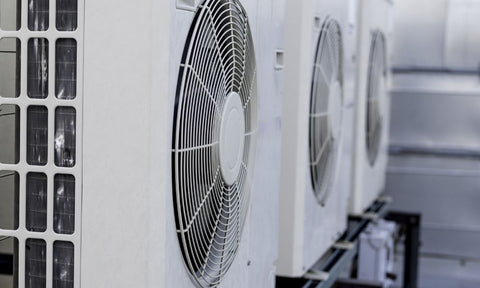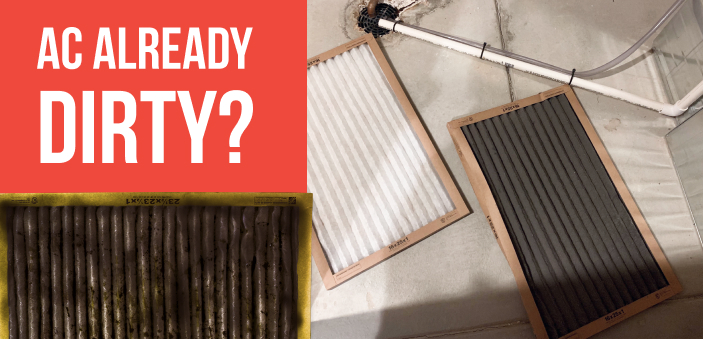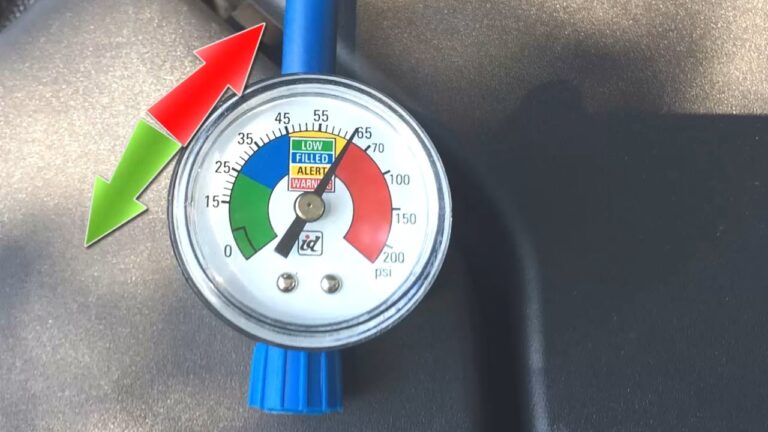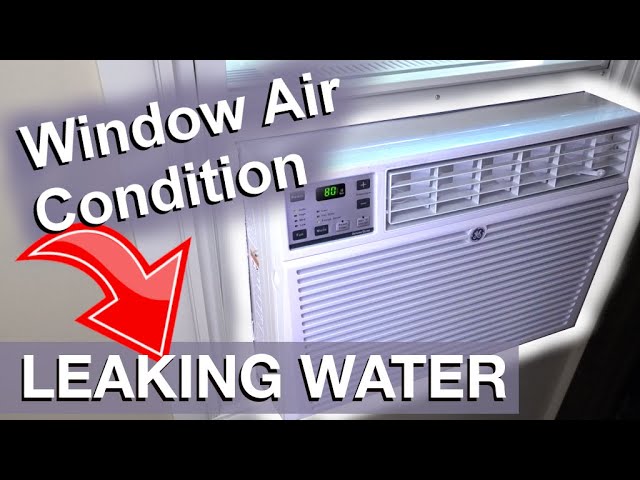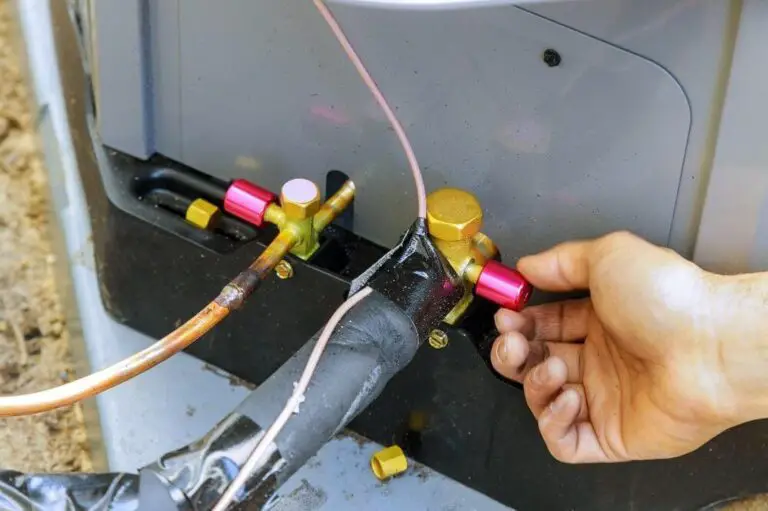Why Does My Lights Flicker When The AC Turns On? Uncovering Causes
Your lights flicker when the AC turns on due to a sudden power surge. This surge occurs as the AC draws a large current.
Flickering lights can be a common issue in many households. This usually happens when high-power appliances like air conditioners turn on. The sudden demand for electricity causes a brief voltage drop, leading to flickering lights. While this might seem like a minor inconvenience, it can indicate potential electrical problems.
Ensuring your electrical system is adequately equipped to handle such loads can prevent flickering. Regular maintenance and possibly upgrading your electrical system might be necessary. Ignoring these signs can lead to bigger issues down the line. Understanding the cause can help you address the problem effectively.
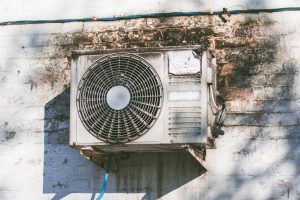
Credit: www.acelectricohio.com
Common Electrical Issues
Flickering lights when your AC turns on can be annoying. It’s often due to common electrical issues. Understanding these problems can help fix them.
Voltage Drops
One common cause is voltage drops. When the AC starts, it needs a lot of power. This sudden demand can cause a temporary voltage drop.
Here are some signs of voltage drops:
- Lights dim or flicker
- AC takes longer to start
- Appliances perform poorly
Voltage drops can strain your electrical system. It’s important to address this issue.
Circuit Overloads
Circuit overloads are another common problem. When too many devices are on the same circuit, it can cause flickering lights.
Symptoms of circuit overloads include:
- Frequent tripping of circuit breakers
- Flickering or dimming lights
- Burning smells from outlets
Overloaded circuits can be dangerous. They increase the risk of electrical fires.
To prevent overloads, you can do a few things:
- Distribute high-power devices across different circuits.
- Use energy-efficient appliances.
- Install dedicated circuits for high-demand devices.
Proper management of your electrical system is crucial. It ensures safety and efficiency.
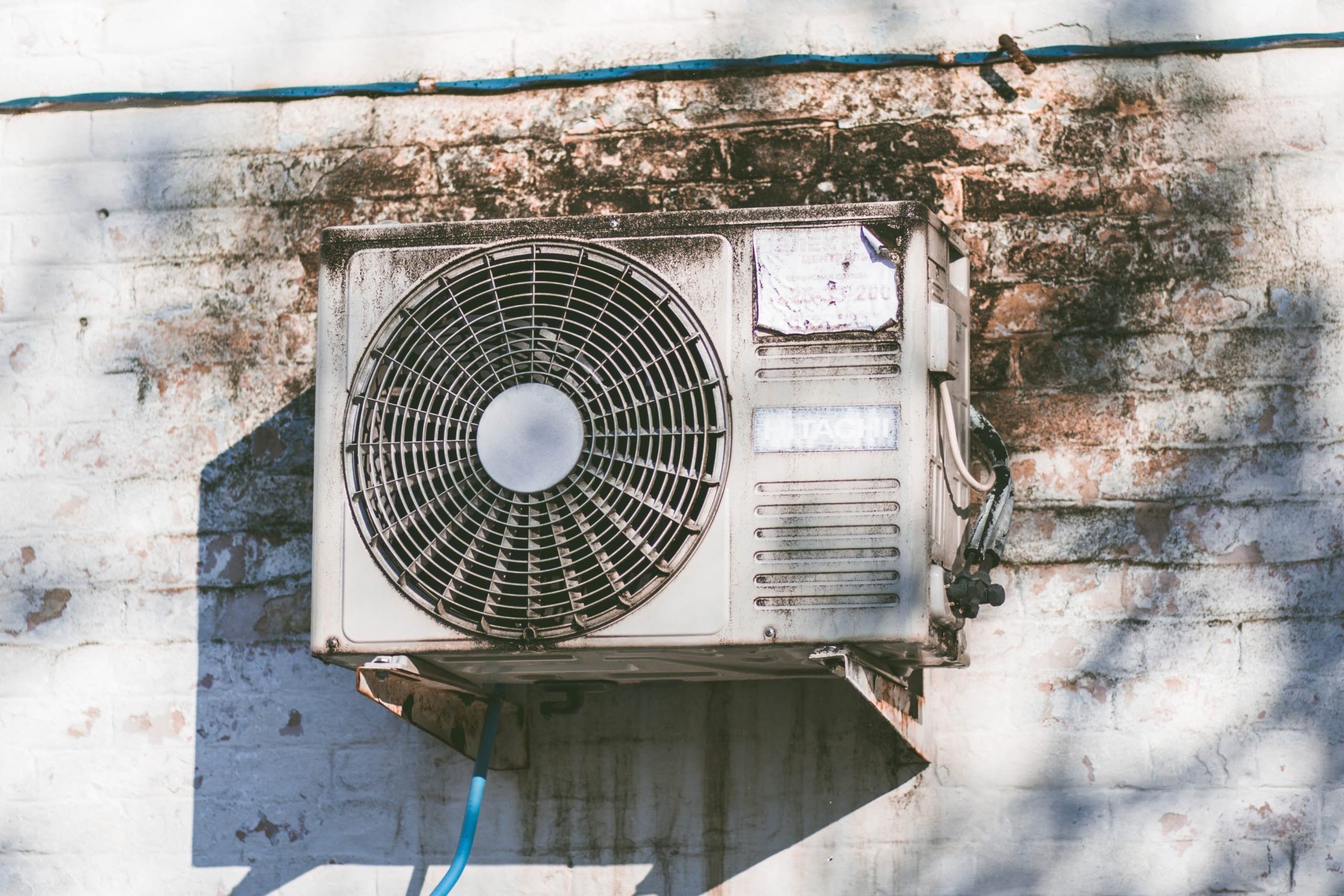
Credit: www.acelectricohio.com
Ac Unit Problems
Does your light flicker when the AC turns on? It could be your AC unit. Many issues with AC units can cause flickering lights. Knowing the specific problems can help you fix them. Let’s explore some common AC unit problems.
Faulty Capacitors
Capacitors store energy to help start the AC. If the capacitor is faulty, it struggles to provide the needed boost. This can lead to flickering lights.
Signs of a faulty capacitor include:
- AC takes longer to start
- Buzzing noises
- Frequent cycling
Replacing a faulty capacitor can solve flickering lights. Always consult a professional for this task.
Aging Components
Old AC units can have aging components. These parts may not work well together. This strain can cause lights to flicker.
Some common aging components are:
- Old motors
- Worn-out fans
- Degraded wiring
Regular maintenance can help keep these parts in check. If your AC is very old, consider replacing it.
Home Wiring Concerns
Experiencing flickering lights when your AC turns on can be frustrating. One common reason is home wiring concerns. Let’s dive deeper into this issue.
Loose Connections
Loose connections in your wiring can cause flickering lights. These connections might be in the junction boxes, outlets, or switches. When the AC turns on, it draws a significant amount of power. This can make loose connections more apparent.
- Check for any loose wires in your breaker panel.
- Inspect the outlets and switches for secure connections.
- If you find any issues, call a qualified electrician.
Inadequate Wiring
Sometimes, the wiring in your home may not be adequate. Older homes might not support modern electrical loads. This can lead to flickering lights. Here are some signs of inadequate wiring:
| Signs | Description |
|---|---|
| Tripping Breakers | Frequent tripping of circuit breakers. |
| Overloaded Circuits | Multiple high-power devices on one circuit. |
| Old Wiring | Wiring that is outdated or damaged. |
If your home has inadequate wiring, it’s time to consider an upgrade. This ensures your electrical system can handle modern demands.
Power Supply Factors
Understanding the power supply factors is crucial when your lights flicker. These factors directly affect your home’s electrical stability. Let’s explore two main causes: utility company fluctuations and neighborhood demand.
Utility Company Fluctuations
Sometimes, the issue lies with the utility company. They manage the electricity supply for your area. If they face problems, you might see your lights flicker.
- Voltage Swings: Sudden changes in voltage can cause flickering. This happens when the utility company adjusts their systems.
- Maintenance Work: Utility companies often perform maintenance. During these times, power may become unstable.
- Equipment Failures: Faulty transformers or lines can lead to flickering. These issues need quick fixes to stabilize the power.
Neighborhood Demand
High electricity demand in your neighborhood can also cause flickering lights. This happens when many homes use a lot of power at the same time.
| Cause | Description |
|---|---|
| Peak Hours | Evenings usually see higher electricity use. Many devices are on at the same time. |
| Heavy Appliances | Items like AC units use a lot of power. This can cause a temporary dip in voltage. |
| Shared Transformers | Neighborhoods often share transformers. High demand affects everyone on the same transformer. |
Reducing your home’s power use during peak times can help. This simple step can prevent flickering lights.
Breaker Box Troubles
Does your light flicker when the AC starts? This might be due to issues in your breaker box. The breaker box is the heart of your home’s electrical system. When it has problems, your lights might flicker or dim.
Worn Out Breakers
Breakers can wear out over time. A worn-out breaker might not handle the power surge from your AC unit. This can cause your lights to flicker. Check if your breaker feels warm or smells burnt. These are signs of a worn-out breaker.
Replacing an old breaker can fix the flickering lights. It is important to keep your breaker box in good condition. This helps your home’s electrical system run smoothly.
Improper Sizing
Another reason for flickering lights might be improper breaker sizing. If the breaker is too small, it can’t handle the load from the AC unit. This causes the lights to flicker or dim.
It is crucial to have the correct breaker size for your AC unit. A licensed electrician can help you choose the right size. This ensures your electrical system works properly and safely.
| Common Breaker Box Problems | Symptoms |
|---|---|
| Worn Out Breakers | Warm to touch, burnt smell, flickering lights |
| Improper Sizing | Lights flicker or dim when AC starts |
Regular maintenance of your breaker box is essential. This prevents flickering lights and keeps your home safe.
Energy Efficiency
Energy efficiency is crucial for reducing utility bills and minimizing your carbon footprint. When your lights flicker as the AC turns on, it can indicate an energy efficiency issue. Understanding this can help you address the problem effectively.
High-efficiency Units
High-efficiency units consume less power compared to older models. They are designed to operate smoothly and reduce strain on your electrical system. Upgrading to a high-efficiency AC unit can prevent lights from flickering. These units use advanced technology to manage power consumption better.
Energy-saving Tips
Implementing energy-saving tips can help stabilize your home’s electrical system. Here are some effective tips:
- Install LED lights: LED lights consume less power and provide consistent lighting.
- Use a programmable thermostat: This helps regulate your AC usage efficiently.
- Seal windows and doors: Proper sealing prevents cool air from escaping, reducing AC load.
- Regular maintenance: Ensure your AC unit is well-maintained for optimal performance.
| Energy-Saving Tip | Benefits |
|---|---|
| Install LED lights | Less power consumption, stable lighting |
| Use a programmable thermostat | Efficient AC usage |
| Seal windows and doors | Reduces AC load |
| Regular maintenance | Optimal AC performance |
Maintenance Practices
Proper maintenance of your AC can prevent your lights from flickering. Regular maintenance ensures your AC unit works efficiently and safely.
Regular Inspections
Conducting regular inspections of your AC unit is crucial. Check the wiring and connections for any signs of wear and tear. Look for any loose connections or frayed wires. Inspect the circuit breakers and fuses to ensure they are functioning correctly.
Use this simple checklist during your inspections:
- Check all wiring and connections.
- Inspect circuit breakers and fuses.
- Look for frayed wires or loose connections.
Regular inspections can help you identify potential issues early. Addressing these issues promptly can prevent your lights from flickering.
Professional Servicing
While regular inspections are essential, professional servicing adds an extra layer of protection. Schedule a professional service at least once a year. A qualified technician can perform a thorough checkup of your AC unit. They will inspect and clean the components, ensuring everything works correctly.
Here are some services a technician might perform:
| Service | Purpose |
|---|---|
| Cleaning Filters | Ensures efficient airflow |
| Checking Refrigerant Levels | Prevents overheating |
| Inspecting Electrical Components | Prevents electrical issues |
Professional servicing ensures your AC operates smoothly. This reduces the strain on your electrical system, preventing flickering lights.

Credit: m.youtube.com
When To Seek Help
Flickering lights when the AC turns on can be a common issue. But, sometimes, it signals serious problems. Understanding when to seek help can save you from bigger troubles.
Signs Of Serious Issues
Not all flickering lights are a cause for alarm. But, certain signs indicate serious electrical issues. Look out for these warning signs:
- Frequent Flickering: If lights flicker every time the AC starts.
- Burning Smell: A burning smell can indicate electrical problems.
- Hot Outlets: Outlets or switches feel warm or hot to the touch.
- Tripped Breakers: Breakers trip often when the AC runs.
If you notice any of these issues, seek professional help immediately. Ignoring these signs can be dangerous.
Choosing An Electrician
Choosing the right electrician is crucial for safety and efficiency. Follow these tips to find a reliable electrician:
- Check Credentials: Ensure the electrician is licensed and insured.
- Read Reviews: Look for positive reviews and testimonials.
- Get Quotes: Compare quotes from different electricians.
- Ask Questions: Inquire about their experience with similar issues.
Choosing a qualified electrician ensures your home’s safety and the longevity of your electrical systems.
Frequently Asked Questions
How Do I Stop My Lights From Flickering When I Turn The Ac On?
Check your electrical panel for loose connections. Upgrade to a dedicated circuit for the AC unit. Install a hard start kit. Consult an electrician for further assistance.
Why Do My Lights Dim When My Ac Kicks On?
Lights dim because the AC draws a large amount of electricity at startup. This causes a temporary voltage drop.
When Should I Be Worried About Lights Flickering In My House?
You should worry about lights flickering if it happens frequently. This could indicate wiring issues or overloaded circuits. Contact a licensed electrician immediately to inspect and resolve any potential electrical hazards in your home.
Conclusion
Flickering lights when the AC turns on can signal electrical issues. Addressing these problems ensures safety and efficiency. Regular maintenance and professional inspections can prevent potential hazards. Understanding the causes helps in taking prompt action. Keep your home safe by staying informed and proactive about electrical health.


